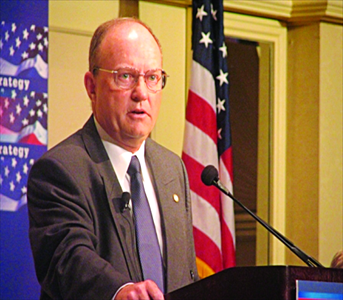IADE
Este artículo discute las principales ideas de Schumpeter e identifica
cambios y rupturas en su pensamiento a lo largo de sus obras. Su
principal contribución es explicarla dinámica de desenvolvimiento
económico a partir de la emergencia de procesos de destrucción creativa
que tienen lugar bajo distintas formas de competencia.

Muchos años después esta herencia fue relevante para el desarrollo de la teoría evolucionista y neoschumpeteriana. Se presentan además los elementos ausentes en su pensamiento, desarrollados con posterioridad por la literatura evolucionista y neoschumpeteriana. Entre ellos destacan la importancia de los procesos de aprendizajes y desarrollo de competencias en las firmas, los mecanismos difusión de las innovaciones y el papel de las instituciones.

Muchos años después esta herencia fue relevante para el desarrollo de la teoría evolucionista y neoschumpeteriana. Se presentan además los elementos ausentes en su pensamiento, desarrollados con posterioridad por la literatura evolucionista y neoschumpeteriana. Entre ellos destacan la importancia de los procesos de aprendizajes y desarrollo de competencias en las firmas, los mecanismos difusión de las innovaciones y el papel de las instituciones.
Link


